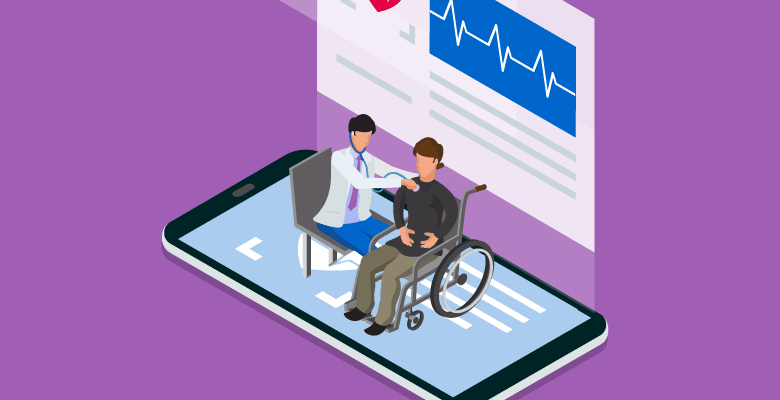
@ShahidNShah


Digital health technologies and vital data capturing has the potential to bring continuous health monitoring to patients. As healthcare technologies continue to grow exponentially, individuals are looking for ways to take their well-being into their own hands through digital solutions that can provide continuous health monitoring. To discuss how the field is moving towards data-driven personalized care, Healthcare Transformers sat down with Matthias Puls, CEO & Managing Director of Kenkou, a Berlin-based company developing a software development kit (SDK) for point-in-time measurement of major vital signs, including heart rate variability and heart rate. This sporadic patient journey leads to data fragmentation where health is measured in a narrow timeframe or point-of-time, not continuously. Thanks to modern digital health technologies and data capturing, we can repair this dysfunctional approach and begin switching toward continuous health monitoring. With access to data, physicians can proactively spot negative health trends in advance.
Today, continuous health monitoring devices collect an individual’s real-time data, completing this array of diagnostic tools. Of course, when we talk about collecting vital data through continuous health monitoring, we are also talking about AI systems that preliminarily analyze this data. EHDS aims to facilitate the collecting and exchange of health data for primary and secondary purposes. Everybody will benefit from data-driven healthcare. Thus, some data is stored in an electronic health record (EHR), some in fitness apps integrated with wearable devices, and some in yet another platform – for example, telemedicine. For example, patient-generated vital data is not commonly included in EHRs. In addition, digital health vendors and developers are reluctant to share data for various reasons like legislation, data privacy regulations, or simply protecting data as a valuable business asset.
At Kenkou, we aspire to become a bridge between patient data and the health system. Individuals are also a major factor that will help foster the shift towards better health through improved access to data. In my view, individuals will realize over time the value of vital data for their well-being, disease management, or prevention. Many citizens go to their physicians and present the vital data collected through continuous health monitoring. It is a 20% increase over 2020, and the trend is accelerating. With the expansion of the range of captured vital data, the patient will soon be the primary source of their own health data. I can’t imagine that individually captured data will remain outside the health system. If they follow ethical principles, comply with data protection rules, and share data with other stakeholders, these tech companies can contribute to individuals’ health and sustainable health systems. These technologies translate raw data into knowledge, increasing health literacy and the role of prevention.
Continue reading at healthcaretransformers.com
The guidance is meant to help providers better understand the privacy and security implications of non-video virtual care options, which are hugely useful for individuals with disabilities and those …
Posted Jun 16, 2022 Virtual Care Telehealth
Connecting innovation decision makers to authoritative information, institutions, people and insights.
Medigy accurately delivers healthcare and technology information, news and insight from around the world.
Medigy surfaces the world's best crowdsourced health tech offerings with social interactions and peer reviews.
© 2025 Netspective Foundation, Inc. All Rights Reserved.
Built on Apr 17, 2025 at 6:07am